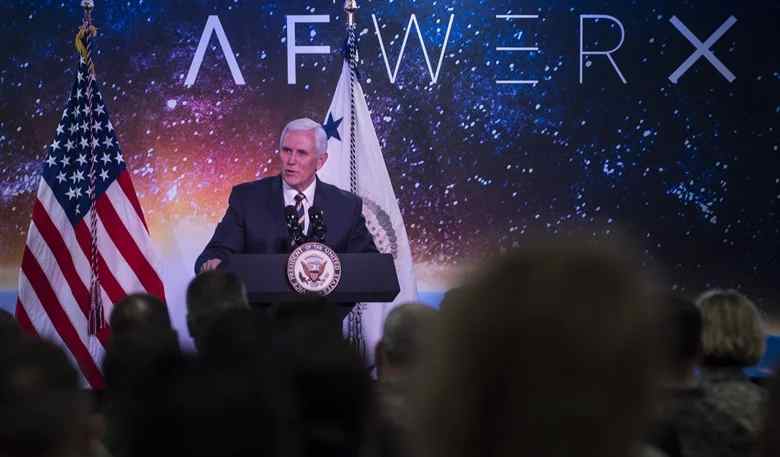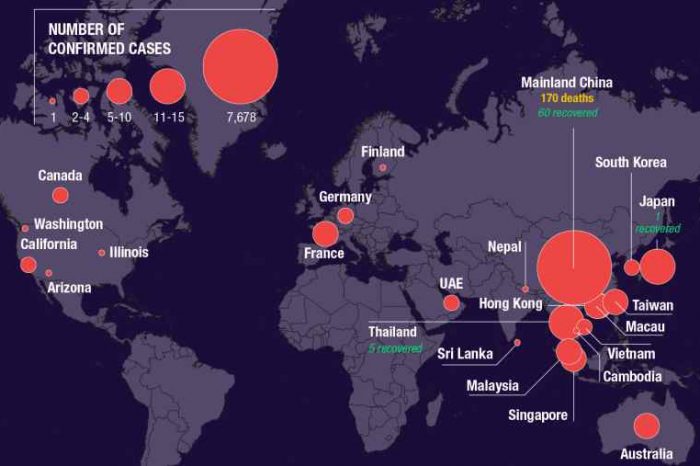US Air Force to boost investments in technology startups with at least $10 million in contract awards

The U.S. Air Force through its accelerator program, AFWERX, has unveiled a new investment strategy to leverage new technology with the goal to help steer private resources toward new technologies that will benefit both US consumers and national security to stay ahead of China’s rapid tech growth.
According to a report from BreakingDefense, “the Air Force will roll out the final stage in its commercial startup investment strategy during the March 13-20 South By Southwest music festival, granting one or more contracts worth at least $10 million to startups with game-changing technologies, service acquisition chief Will Roper says.”
In a presentation delivered at the Strategic Institute’s December 4-5, Capts. Chris Benson of AFWERX said the Air Force will match private venture capital funds on a one to two ratio. So, if the Air Force investment fund, called Air Force Ventures, puts in $20 million, the private capital match would be $40 million. The goal of the matching fund is to support tech startup firms to bridge the ‘valley of death’ and rapidly scale up capability.
Below are excerpts from the presentation given at the Acquisition X conference.

Small bets (~$50K)
The Air Force plans to have 3 rounds per year of Phase I pitch days. Companies can apply online with a 5 page pitch. About 1,000 awards of $50,000 are expected. A 3 month execution period is provided. The contracts and payments are given the same day. This means that the Air Force actually writes up a simple contract before the pitch day even occurs, and signs it there on the spot for deserving companies.
Medium bets (~$1 million)
The next step is Phase II pitch days, which may be run by the Program Executive Offices. The PEOs are the ultimate customers. It is important that PEOs take part to ensure a smooth transition so that companies address real military requirements. The Phase II awards come in at about $1 million, and require 15 page proposal with a short video demonstration. Perhaps 100-300 awards will go out each year.
A big difference for Phase II pitch days is that they require matching from private investment. A company will have to wrestle up $1 million in outside investment to secure $1 million from an Air Force innovation hub like AFWERX. Nuances abound, however. For example, the matching can come in the form of pre-sales. There can also be $2 of government funding for $1 of private investment if that comes from a PEO customer rather than an innovation hub.
Large bets ($10 million +)
The third phase makes up large bets of $10 million or more. These are “strategic” SBIR awards, which come in dollar amounts much greater than traditionally allowed by the SBIR program. Perhaps 10 or 20 strategic bets will be made each year, with a period of performance less than 2 years. None have occurred yet, the first “pitch bowl” is planned for March 2020. Private matching requirements are higher. $2 of private funding is needed for $1 from a government innovation hub, and this time, a PEO customer must be secured to match another $1. The matching requirement is then 1:1:2.
(Note, this information is to the best of my knowledge. The matching requirements were not perfectly clear to me from attending the presentation. While the slides say that large bets are $10 million or more, that likely includes private matching — due to SBIR funding caps, the award can be up to $3 million from AFWERX and $3 million from a PEO. However, there are intimations that there will be no caps, so perhaps they meant $10 million+ in government funding.)
Winners of the “strategic” SBIR award can scale their developments and get in line for a program of record. They should already have a government customer in a PEO, securing the transition.

Challenges still remain. For example, AFWERX will not provide introductions from companies to government customers in the PEOs. Startup companies themselves have to go out and knock on doors to find these contracts. This poses a challenge to many startups that may not be familiar with internals and red tapes associated with government contracts, especially in Washington DC.

